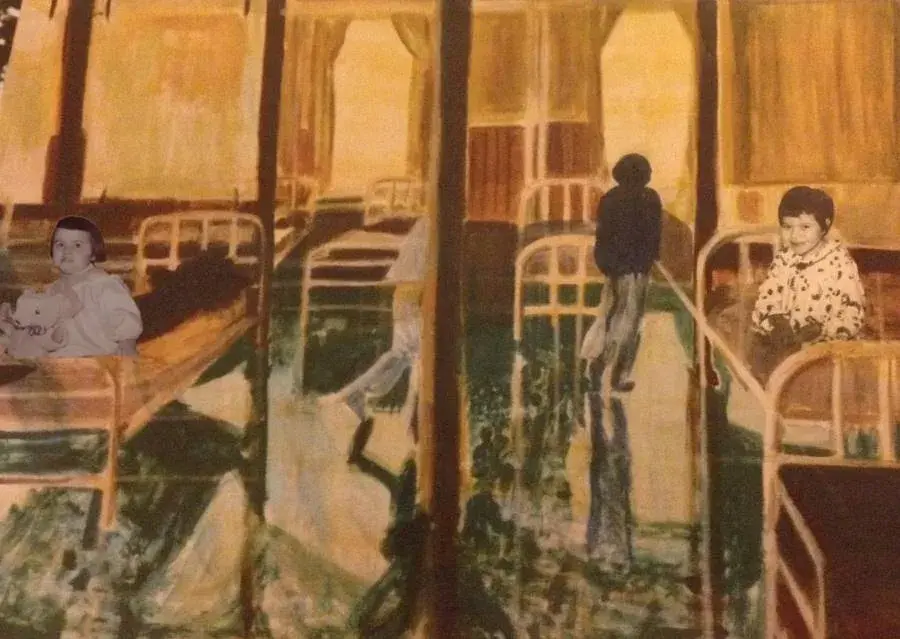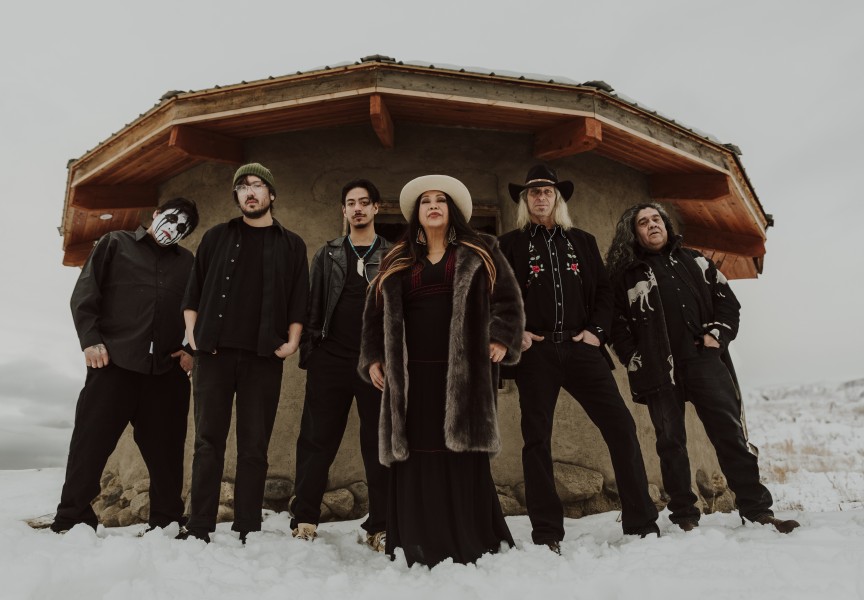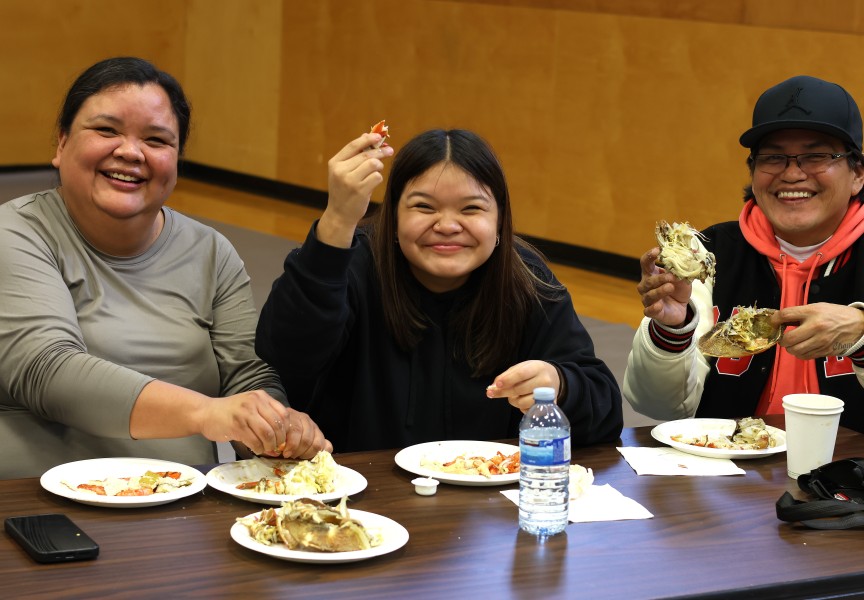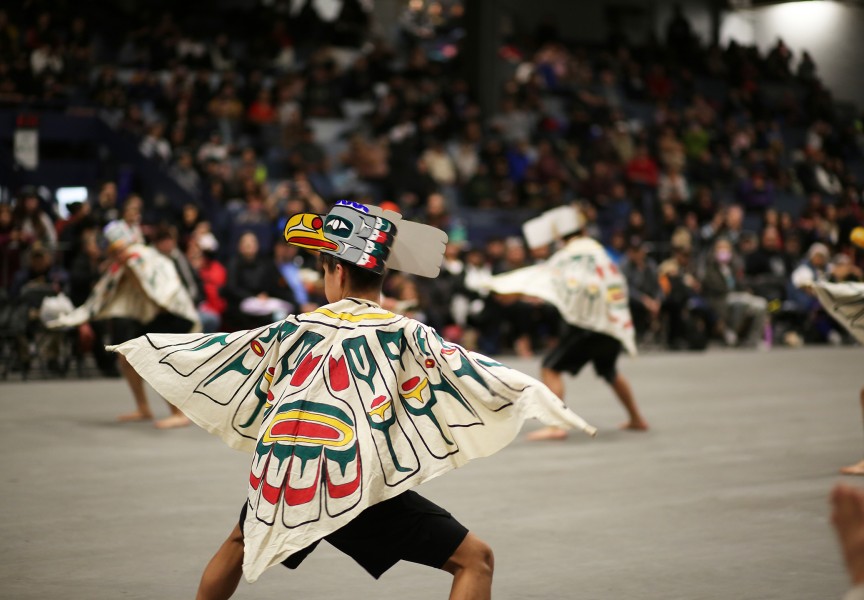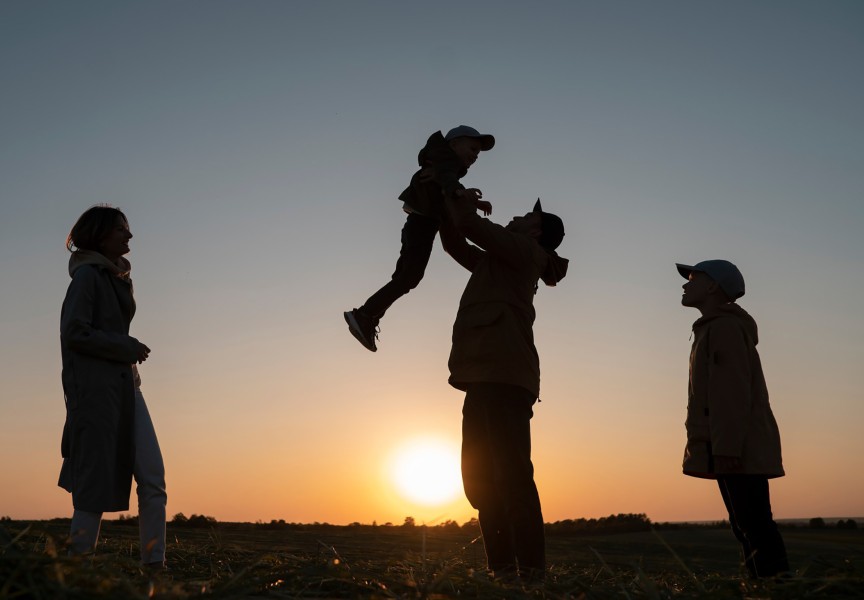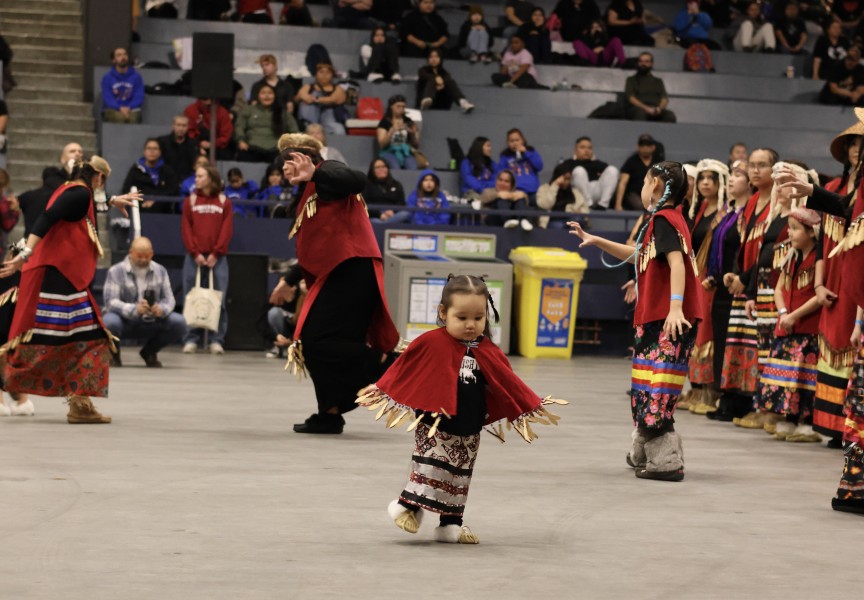A new play is shining light on the little-known history of Nanaimo Indian Hospital, with attention to the abuse and experiments conducted on its Indigenous patients, some of whom were small children.
Scenes from the Nanaimo Indian Hospital was written by Dr. Laura Cranmer of Namgis and Haida descent. A residential school survivor, the play is based on her three-year stay at Nanaimo Indian Hospital as a young child.
According to Canadian Encyclopedia, there were 29 Indian hospitals (what they were called in their day) across Canada. They were racially segregated facilities, originally serving as tuberculosis sanatoria but later operating as general hospitals for Canada’s Indigenous peoples. The hospitals were originally used to isolate Indigenous tuberculosis patients from the general population because of a fear among health officials that "Indian TB" posed a danger to the non-Indigenous population.
There were three Indian hospitals operating in British Columbia: Coqualeetz Indian Hospital in Sardis, Miller Bay Indian Hospital in Prince Rupert, and Nanaimo Indian Hospital on Vancouver Island.
Nanaimo Indian Hospital was a former military hospital with 210 beds, located near the present-day Vancouver Island University. It operated from 1946 to 1966.
First Nations with TB or other illnesses were forced to submit to medical care and/or hospitalization by law. The Indian Act was amended in 1953 to include the Indian Health Regulations that made it a crime for Indigenous people to refuse to see a doctor, disobey an order to go to a hospital, or leave a health facility before discharge.
Nanaimo Indian Hospital saw First Nations patients of all ages from all over Vancouver Island and the mainland.
Scenes from the Nanaimo Indian Hospital follows the story of three little girls thrust together at the hospital, each speaking the languages of the Hul’q’umin’um’, Nuu-chah-nulth and Kwak’wala, and all not knowing how to speak English. The girls find ways to communicate and to cope in the cold, unfamiliar setting without their families.
“The Nanaimo Indian Hospital is re-imagined to be the confluence of the Island’s great linguistic diversity embodied by the three young girls—Dorothy Myth representing Kwak’wala, Esther Williams representing Hul’q’umin’um’, and Mary Robins representing Nuu-chah-nulth—whose growing friendship in Ward B consists of delight in language comparisons while sinister medical undercurrents are revealed in the dialogue and action between the medical staff,” according to Discovery Theatre.
The play, which runs about two hours, features First Nations actors speaking languages they are in the process of learning from mentors. Most times, the Indigenous language parts are followed with an English interpretation, but sometimes not.
While the lack of interpretation can leave the viewer frustrated, it also serves as a reminder of what the sick little children, isolated from their families and everything they know, must have gone through as they struggled to understand the hospital staff and each other.
The play is not all dark. It shares the playfulness of the little girls and is sprinkled with First Nations humor. It also celebrates the reawakening Hul’q’umin’um’, Nuu-chah-nulth and Kwak’wala Languages.
The play was made with backing from Vancouver Island University, whose mandate includes support for Indigenous-led research projects within the framework of truth and reconciliation.
Scenes from the Nanaimo Indian Hospital will tour Vancouver Island and comes with a mature content warning. Mental health support workers will be available for survivors and audience members.
Free tickets are available for Indian Hospital survivors, the local and surrounding First Nations, and any patrons who need this gift. Please use the code ‘VIPGuest’ online or call the theatre ticket centres to speak with someone directly.
The play can be seen at:
The Port Theatre (Nanaimo, BC) Wednesday, January 31, 2:00 pm & 7:30 pm, ($28.50 adults/$13.50 students); Ticket Office: 250-754-8550
Sid Williams Theatre (Courtenay, BC) Friday, February 16, 1:00 pm & 6:30 pm, ($35 adults/$15 youth & students); Ticket Office: 250-338-2430
Tidemark Theatre (Campbell River, BC) Friday, March 1, 1:00 pm & 6:30 pm ($30 adults/$15 youth & students); Ticket Office: 250-287-7465
Malaspina Theatre (Nanaimo, BC ) Thursday, March 28, 1:00 pm & 6:30 pm (all tickets complimentary)

